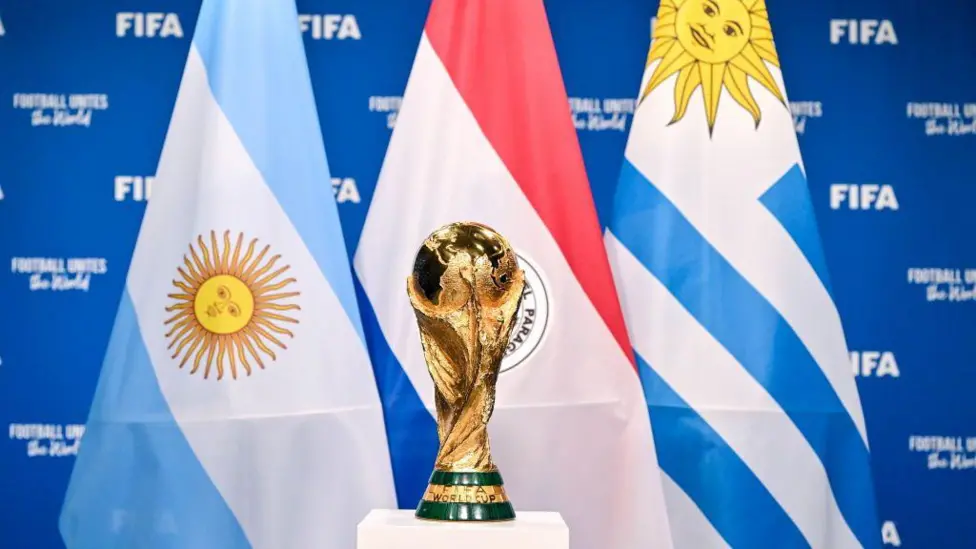The 2026 FIFA World Cup is more than a football tournament—it is a blueprint for global soft power, where nations use the universal language of football to influence the world. Set to be co-hosted by three beautiful countries—the United States, Canada, and Mexico—the tournament goes beyond the pitch; it is about diplomacy and global influence.
Soft power is a nation’s ability to persuade others through attraction, culture, and values rather than force or coercion. For countries aiming to shape their global image, the World Cup offers an unparalleled stage.
Historically, the World Cup has served as a platform for countries to tell their story to the world. In 2002, the South Korea-Japan World Cup marked Asia’s elevation on the global stage. In 2010, South Africa used the tournament to announce its presence to the world through culture, celebration, and sport.
The 2026 tournament arrives at a time of growing geopolitical tensions, yet it offers a moment of global unity and cooperation. The joint hosting by the U.S., Canada, and Mexico demonstrates their ability to bring the world together in North America.
For the United States, the World Cup is an opportunity to project its global leadership. For Canada, it is a platform to showcase its values of diversity and inclusivity. For Mexico, it is a chance to solidify its influence in Latin America.
The expansion of the World Cup to 48 teams makes it even more than just a football competition—it is now a vessel for global soft power. North America is sending a message to the world: We can work together and welcome the world.
The tournament is not only a competition but a display of national identity. In South America, Brazil did it with “Samba football.” In Europe, Spain became known for “Tiki Taka,” and Germany for its precise and efficient “machine” style. In Africa, Morocco stood out with its swift “Counter-Attack” strategy. These were more than tactics—they became symbols of national character, recognized across the globe.
Diaspora communities will also play their part. Ghanaians in the Bronx, New York, Australians in Mexico City, and Portuguese in Los Angeles will serve as cultural ambassadors, sharing their countries’ identities with the world. The pitch may be the battleground, but soft power will be exercised in churches, mosques, museums, beaches, clubs, restaurants, and airports.
The 2026 FIFA World Cup will be streamed on Auntie Mansa’s phone in Kantamanto Market via TikTok, on Ga-young’s screen in Bukchon Hanok Village via Instagram, and on Muhammed Bin Ahmad Al-Qurashi’s device in Riyadh via X (formerly Twitter). Through football, nations will craft stories and create moments that no foreign policy speech could ever match.
Fans and critics alike become informal diplomats. Imagine receiving a signed shirt from Cristiano Ronaldo or a Ghanaian player scoring a last-minute goal to qualify Ghana to the next stage—it becomes a moment larger than football.
As nations compete for glory, they also compete for global influence, recognition, and the power to shape their image on the world stage. For both host and guest nations, this tournament is a moment to shape global perception far beyond the 90 minutes on the pitch.
In the end, the final whistle will blow, and the trophy will be lifted—but beyond the celebrations, stories will be written, and memories will echo for years in the global arena.
Writer’s Email:
mohammedsalis572@gmail.com
DISCLAIMER: The Views, Comments, Opinions, Contributions and Statements made by Readers and Contributors on this platform do not necessarily represent the views or policy of Multimedia Group Limited.
DISCLAIMER: The Views, Comments, Opinions, Contributions and Statements made by Readers and Contributors on this platform do not necessarily represent the views or policy of Multimedia Group Limited.


